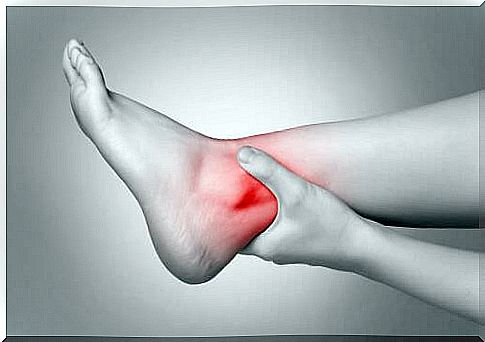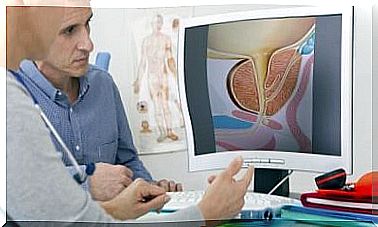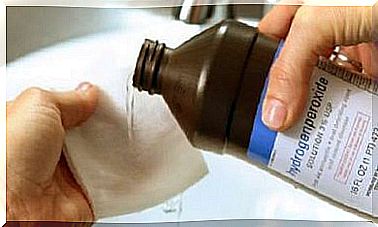5 Health Problems That Cause Swollen Ankles
Even though there are different home remedies that can deflate swollen ankles, if the inflammation does not go away, it is best to see a doctor to ‘he makes a diagnosis.

Do you have permanently swollen ankles and you are not sure what this could be due to?
Well, take note as there are different health issues that are manifested through ankle swelling.
There are many tips to relieve the swelling, such as lifting your legs, immersing your feet in lukewarm water with salt, drinking anti-inflammatory infusions like dandelion.
However, if the problem persists, it is better to consult a specialist to find out the cause of the swelling.
So you can eradicate it at the root, and check if it is a warning to tell you that something is wrong in your body.
1. Fragile blood vessels
The most common reason for swollen ankles is poor blood circulation. This is the case of the elderly in whom the vessels become weakened or who suffer from a more serious problem.
In the case of younger people, it can be from a congenital problem or other causes, such as:
- Incorrect posture when sitting down.
- Spend a lot of hours on your feet.
- Sleep in a bad position.
If so, it is enough to change habits to resolve the condition.
But it is never too much to see a doctor because it can also be an early sign of venous insufficiency.
Vascular diseases in the lower extremities are classified into arterial and venous diseases.
- Regarding arterial diseases, there may be a localized defect on the arteries, for example, aneurysms, or it is the consequence of other pains such as atherosclerosis.
- Venous diseases include venous thrombosis.
2. Blood clots can promote swollen ankles
If the swelling occurs in only one leg, it may be a sign of a blood clot that is clogging the veins.
This swelling may be accompanied by:
- Pain
- Low-grade fever
- Changes in color, such as darkening or pallor of the skin
In any case, your best bet is to see a doctor as soon as possible to get a proper diagnosis.
3. Doing your exercises poorly
If you are doing your exercises yourself, maybe you are doing them wrong.
If you suffer from ankle swelling, be careful not to confuse the swelling with inflammation of muscle origin.
- The latter is different because it is accompanied by pain, and it is felt from the inside, not on the level of the surface.
- Muscle inflammation is more common in one extremity, but if it occurs in both, consider whether you are exercising well and using the right shoes.
4. Not resting well
Inadequate rest can also cause the appearance of swollen ankles, the result of fluid retention.
This is a sign that we are resting little or eating poorly.
- To alleviate the problem, reduce your intake of sodium, sugar, and flour.
- Rest 15 minutes a day with your legs raised and of course remember to get 6-8 hours of sleep a day.
5. A reaction to certain medications

Maybe if you are taking medication you have had an adverse reaction.
Certain drugs indeed cause swelling as side effects.
- It is best to consult a doctor: in some cases, this is an effect that will have to be tolerated, but in others, a new prescription will have to regulate the medication or change it completely.
Home remedies for swollen ankles
Fortunately, there are natural solutions that will help you relieve this problem and reduce the possible discomfort it can cause.
For this, you can take advantage of the essential oil of chamomile, or prepare an infusion which will be used to make a light massage on the zone in question.
Ingredients
- 2 tablespoons of chamomile flowers (20 g)
- 2 cups of water (500 ml)
Preparation
- Heat the water and when it starts to boil, add the chamomile to it.
- Leave the decoction for 10 minutes.
- Remove from the heat and wait for it to cool.
- Filter and pour on the legs little by little.
- For a few minutes, massage with circular movements from feet to knees.
Keep in mind that if you have swollen ankles and it doesn’t improve with these tips, it could be a symptom of something more serious.
In this case, consult a doctor as soon as possible.









